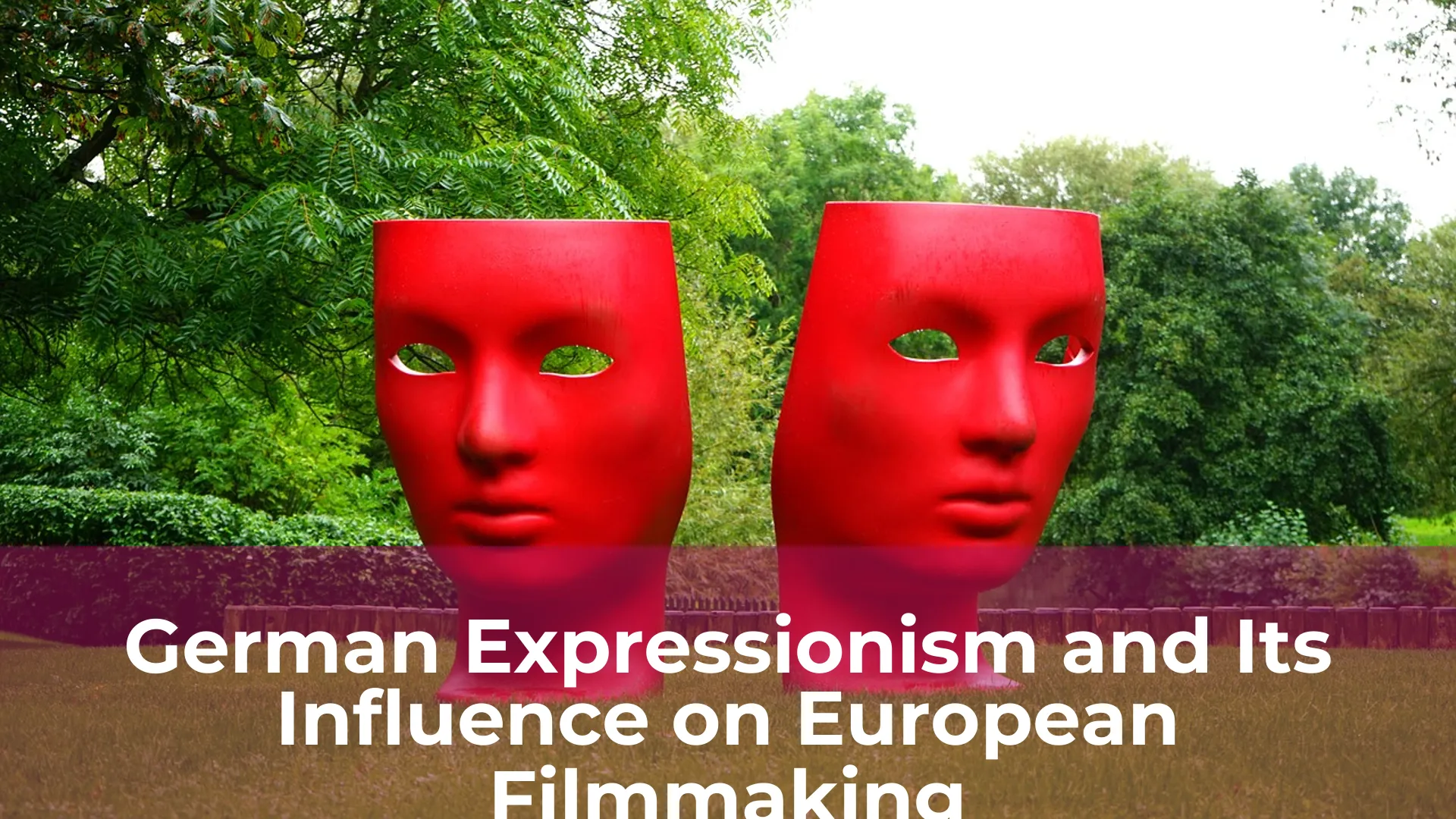German Expressionism was a significant artistic movement that emerged in the early 20th century, primarily in Germany. It was characterized by the use of distorted forms, intense contrast of light and dark, and the portrayal of dark and bleak themes. Expressionism had a profound impact on various art forms, including cinema, and had a significant influence on the development of European filmmaking.
The Expressionist approach to filmmaking was characterized by the use of unique camera angles, unconventional lighting techniques, and the portrayal of distorted, often surreal, imagery. The movement’s influence on European filmmaking was particularly evident in the horror and thriller genres. Filmmakers such as F.W. Murnau, Fritz Lang, and Robert Wiene created some of the most iconic films of the era, including Nosferatu, Metropolis, and The Cabinet of Dr. Caligari. The legacy of German Expressionism continues to be felt in contemporary cinema and is recognized as one of the most influential and groundbreaking artistic movements of the 20th century.
Introduction: What is German Expressionism?
German Expressionism was an artistic movement that emerged in Germany during the early 20th century. It is characterized by its use of bold colors, exaggerated angles, and distorted forms to evoke intense emotions and psychological states. Expressionist artists sought to break free from traditional artistic conventions and create works that reflected the inner turmoil of the modern age.
The movement was not limited to visual art but also extended to other forms of artistic expression such as theater, film, and literature. Expressionist works were often dark and foreboding, reflecting the anxieties of a world on the brink of war. Though short-lived, German Expressionism had a profound influence on modern art and remains an important cultural movement in Europe and beyond.
Early German Cinema and the Emergence of Expressionism
Early German cinema played a crucial role in the development of cinema as an art form. The country’s filmmakers were known for their innovation, originality, and experimentation in the early days of cinema. In particular, the emergence of Expressionism in German cinema in the 1920s had a profound impact on the art form, influencing filmmakers around the world.
Expressionism was a movement that emerged in art, literature, and theatre in Germany in the early 20th century. Its influence on cinema was profound, with filmmakers using expressionist techniques to create films that were highly stylized and visually striking. The use of exaggerated sets, distorted angles, and dramatic lighting created a dreamlike, otherworldly atmosphere that was tailor-made for horror and suspense films. The lasting impact of early German cinema and Expressionism can still be felt in modern cinema, with filmmakers continuing to draw inspiration from the innovative techniques and styles pioneered by German filmmakers almost a century ago.

